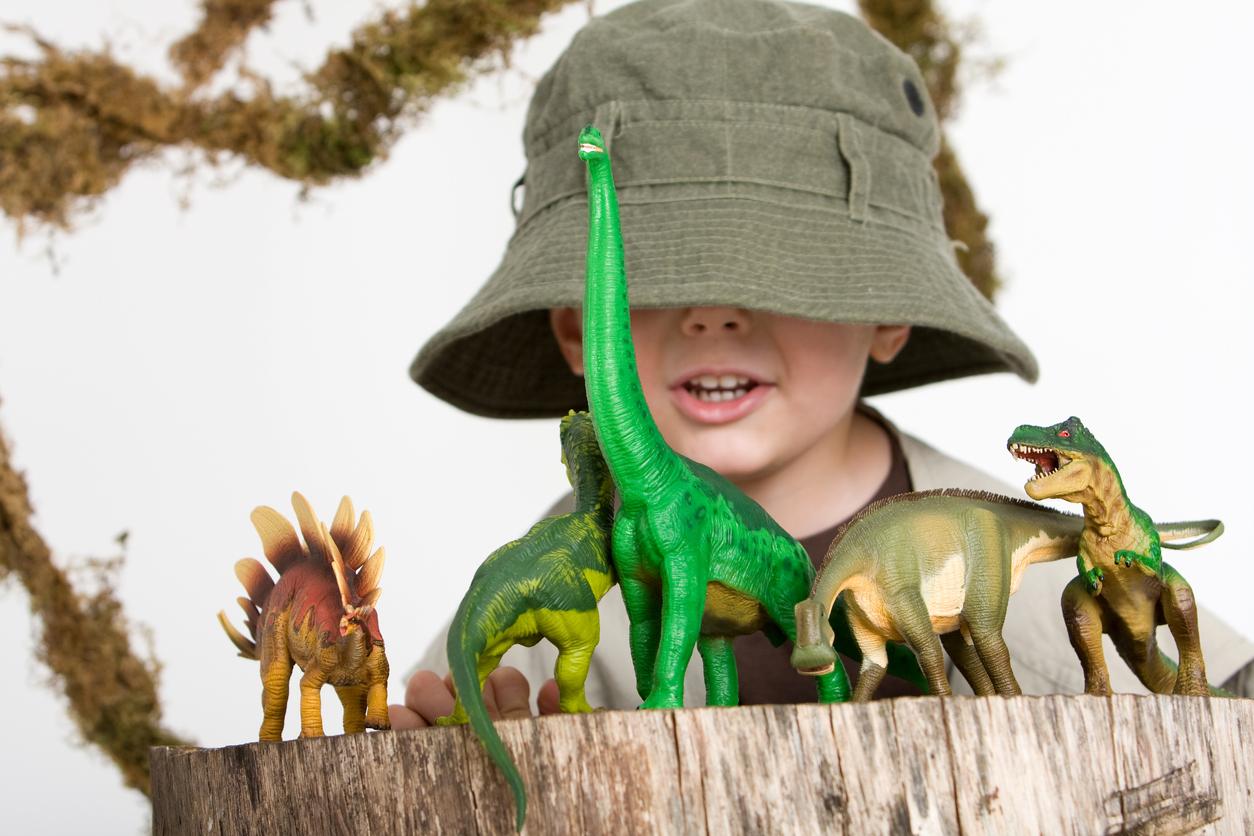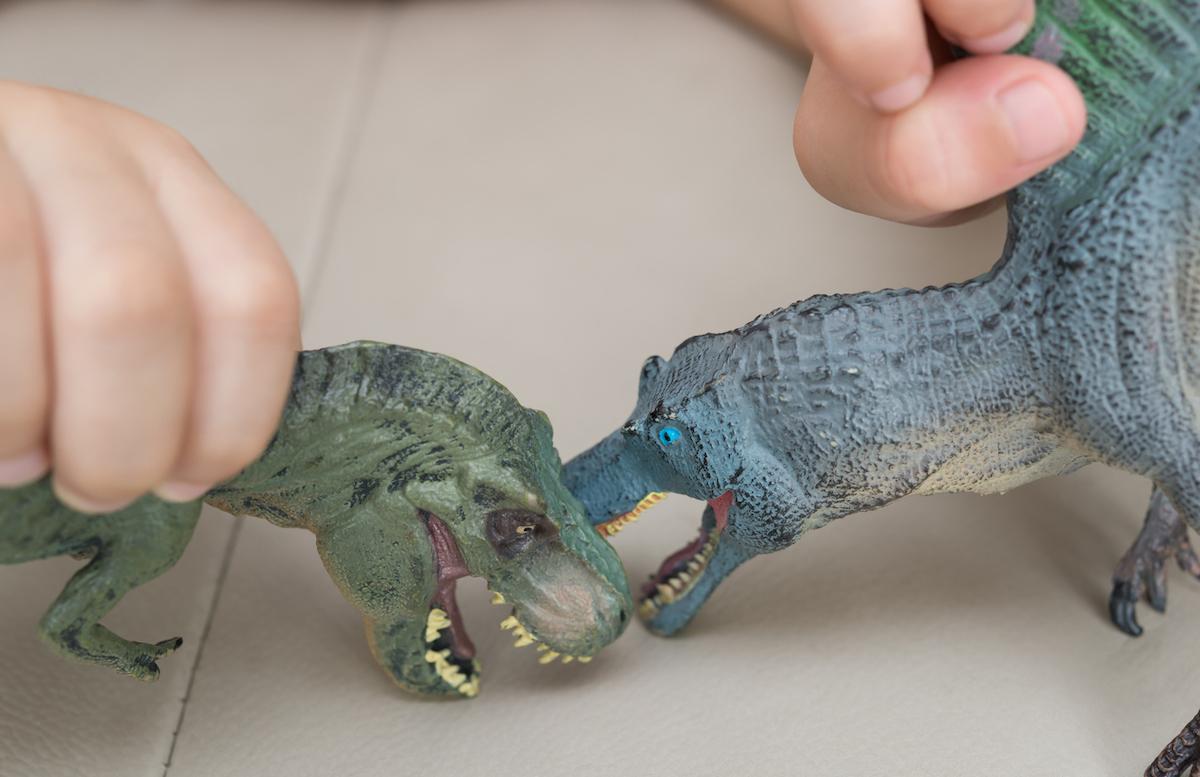Kids Obsessed With Dinosaurs Are Smarter Than Those Who Aren't
Updated April 5 2021, 9:22 a.m. ET

Some kids are absolutely obsessed with dinosaurs. They want dinosaurs all over their room and know the names of even the most obscure dinos — in Latin. This incredible knowledge that children have of certain subjects is called “intense interests” in the world of psychology.
A third of children develop one of these intense interests throughout their life, whether it be dinosaurs, astronomy, or something else. That obsession tends to make itself clear between 2 and 6 years of age, eventually fading. But in some cases, that interest doesn't get extinguished during childhood and follows the child for a large part of their lives.

A study carried out at the universities of Indiana and Wisconsin found that children who develop an intense interest do better later in life. Joyce M. Alexander of Indiana University and her team found that this type of interest, especially those that demand a conceptual domain, "enhance perseverance, improve attention and enhance skills of complex thinking as the processing of information."
Alexander differentiated this "conceptual interest" from situational interests. If a dinosaur lets out a loud roar, a child will be interested in that only at that moment in time. If dinosaurs themselves are the point of interest, that's conceptual.

It was also proven to improve linguistic skills and to be a good indicator of high understanding. Psychologists explain that the ways children study dinosaurs help them come up with strategies to face new situations and problems throughout their lives.
Yale University and the University of Virginia also found that intense interests in childhood do not seem to be a result of a parent's interest. They found that obsessions with dinosaurs or astronomy develop during the first year of life, without the parents having encouraged them.

Unfortunately, this research also found that obsessions usually only last between six months and three years. Only 20 percent of children were still passionate about the same issue they were obsessed with as a child after they entered school.
The researchers suggest that once a kid starts studying, they lose the free time to devote themselves to their interest, meaning it quickly fades and is replaced with the general knowledge learned at school. Kids were also found to discuss their interests less if their new friends weren't interested in it.

For any parent wanting to keep the interest alive, they recommend teaching children facts about their interests. Kids who actively learned information performed better than those who went on "pretend adventures" with their dinosaurs.
Alexander also found that although boys and girls focused and expressed their interests in a similar manner, boys tended to develop intense interests more than girls. This may be due to the fact that the subject of their interests and the activities they used to explore that interest was so different.

Girls tended to explore interests through "pretend adventures," as well as toward creative arts and literacy. Whereas boys would seek to gather information on their interest.
Alexander suggested that this could be because boys tend to take comfort in set rules and finite fact. And unfortunately, parents and marketing could also be to blame because of their idea of what is appropriate for boys and girls to be interested in.